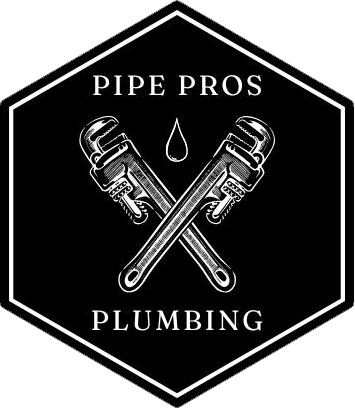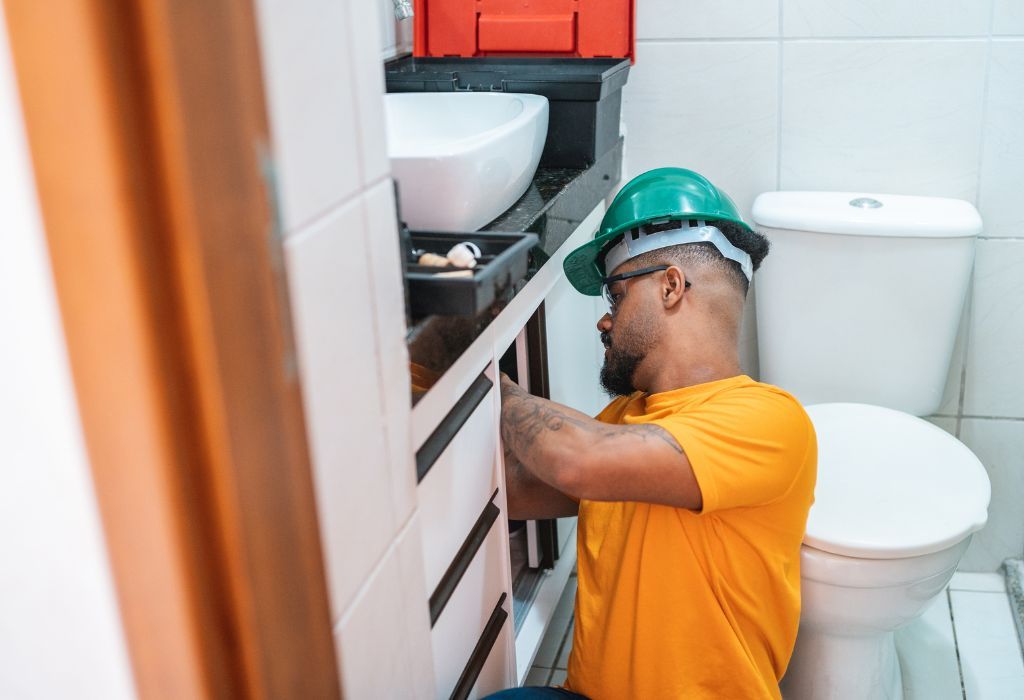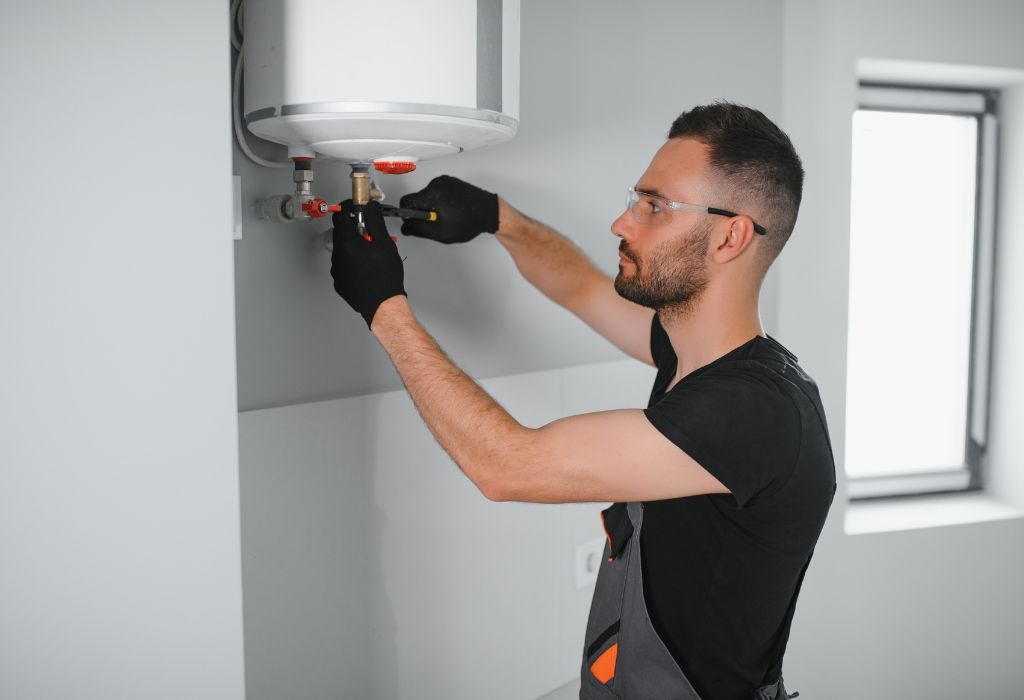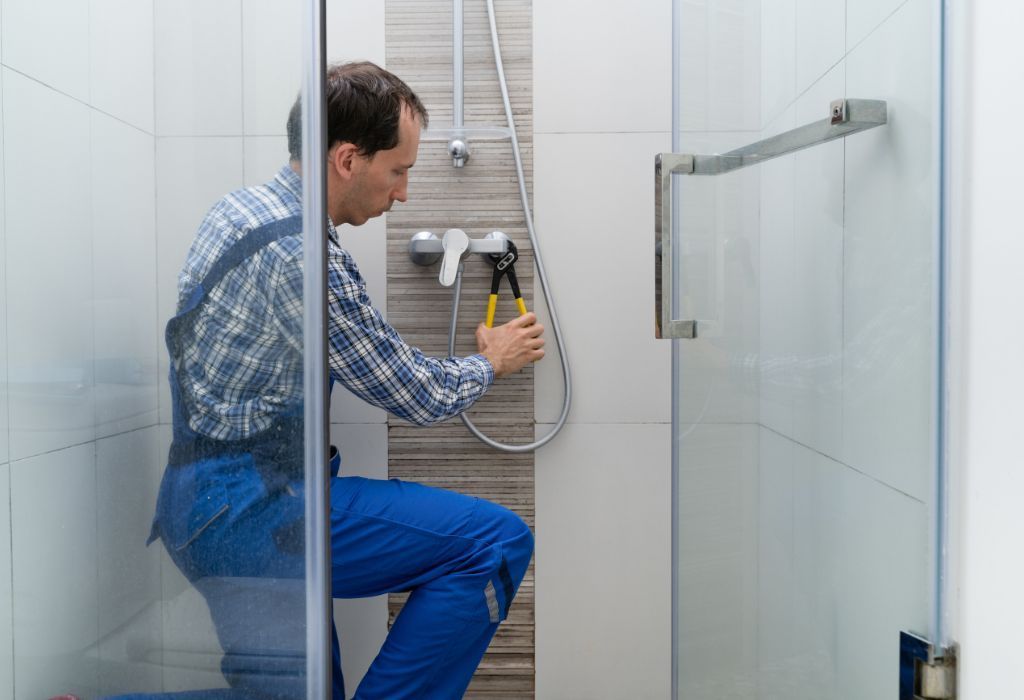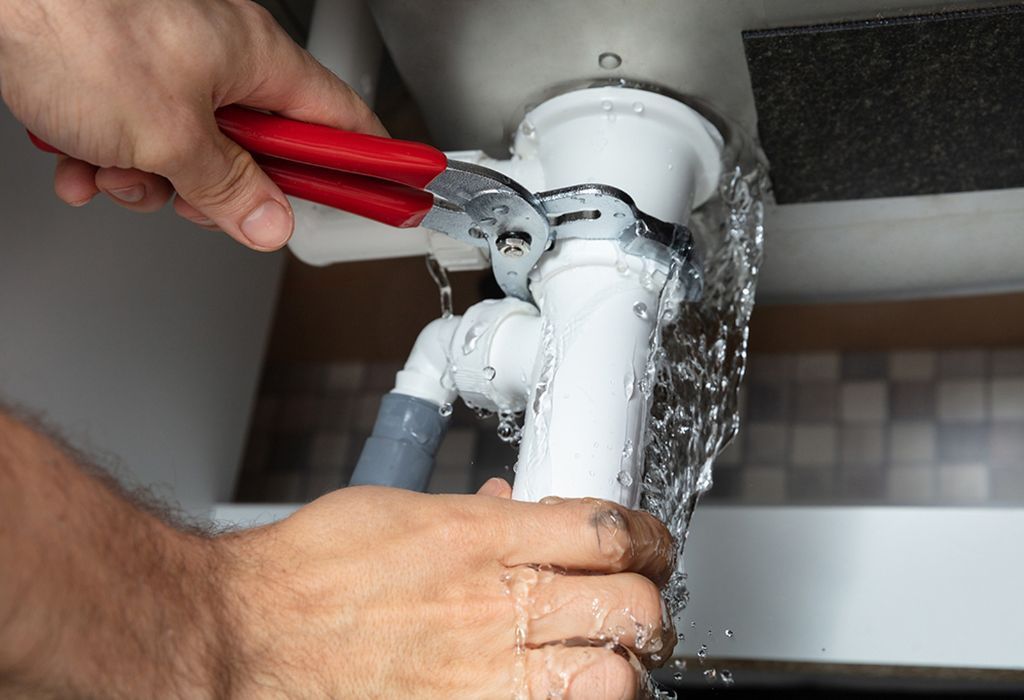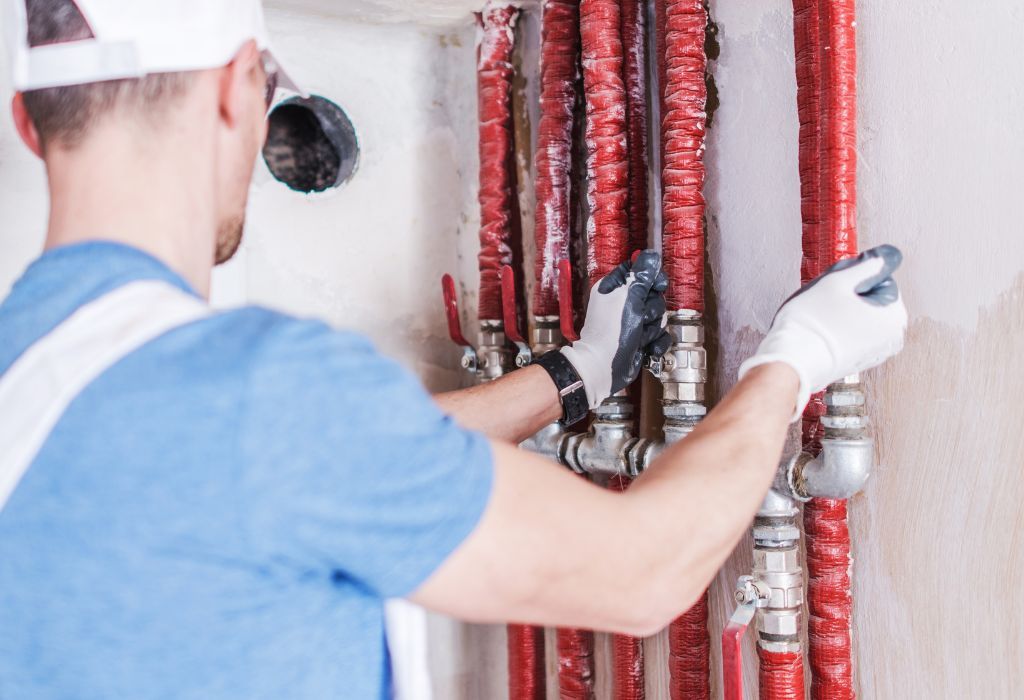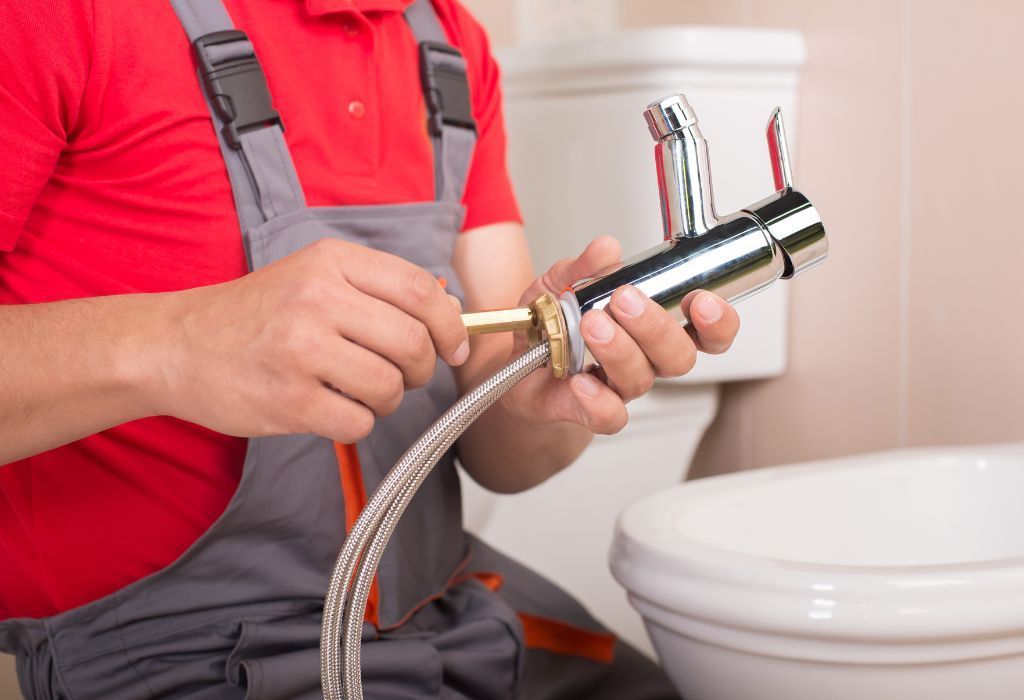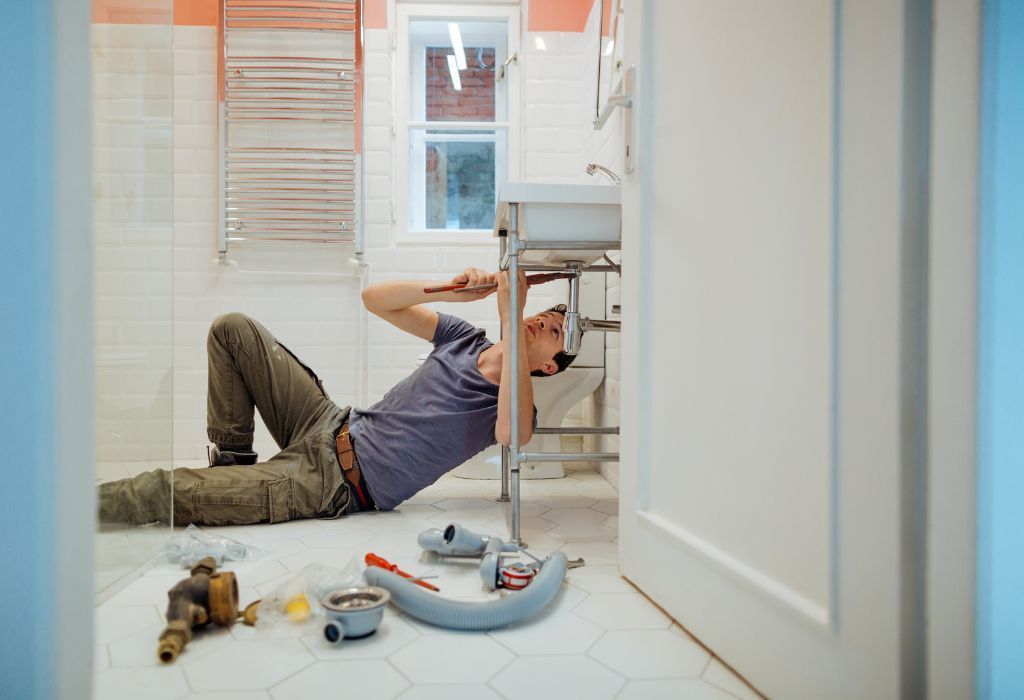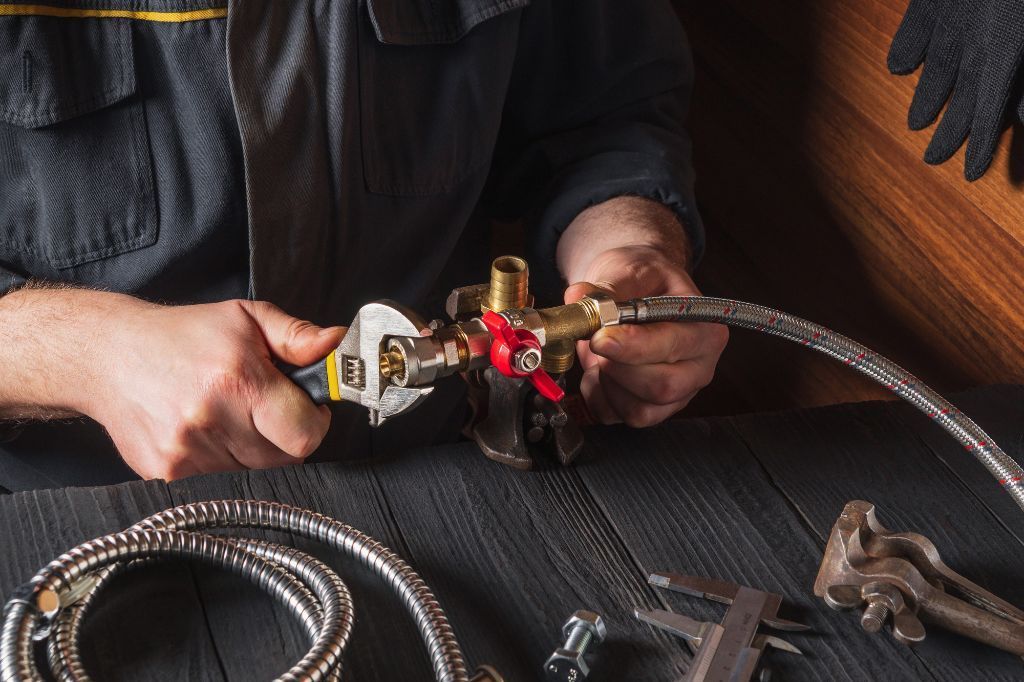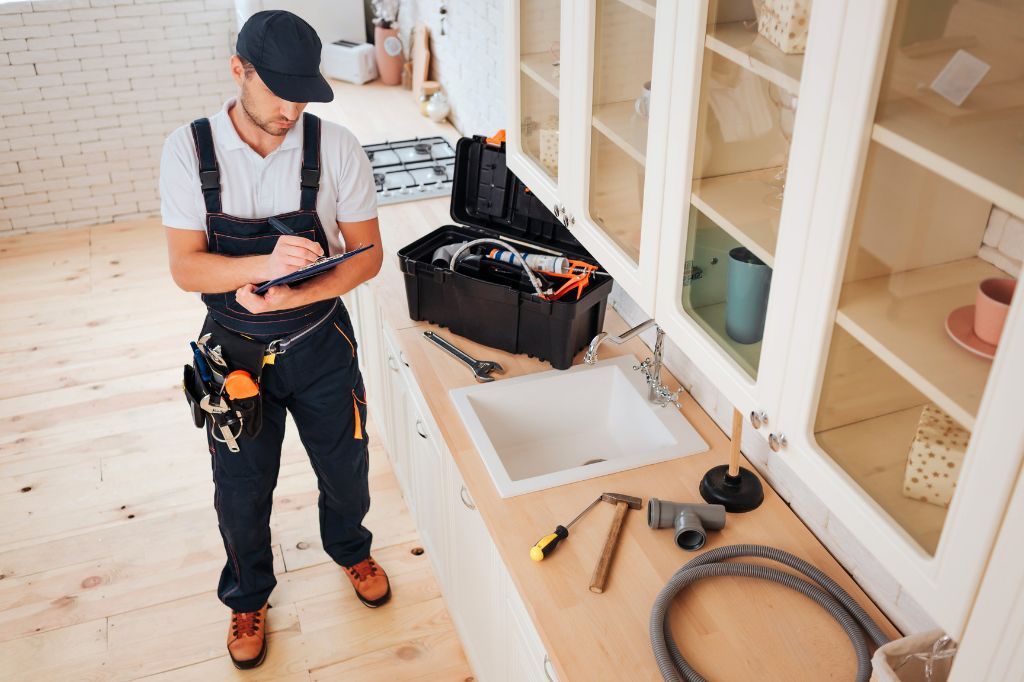New Construction Plumbing: What Idaho Contractors Need to Know
When building a new home or commercial property, there are countless moving parts—from framing and electrical to flooring and finishes. One of the most critical, yet often overlooked, aspects of any project is plumbing. Proper new construction plumbing sets the foundation for a reliable water system that will serve the building for decades.
For Idaho contractors, understanding plumbing basics, local codes, and best practices is essential to delivering a safe, efficient, and long-lasting system. Let’s break down what every contractor should know when it comes to plumbing in new builds.
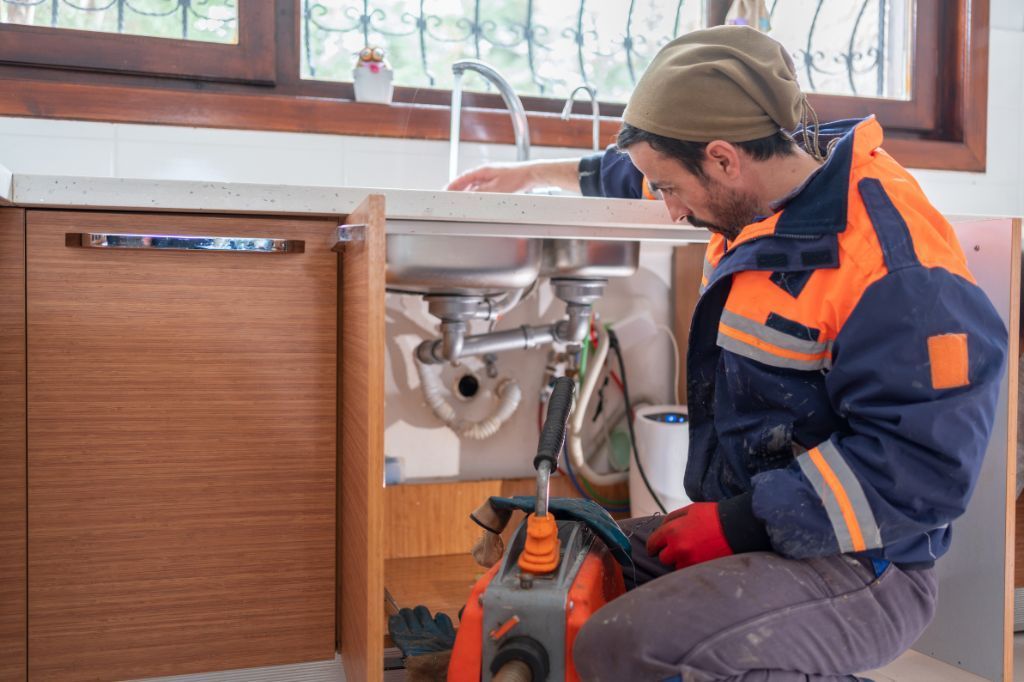
Why Plumbing in New Construction Is So Important
Unlike a remodel, where plumbers work around existing systems, new construction provides a blank slate. This means:
- Design Freedom: The chance to optimize the layout for efficiency and convenience.
- Future-Proofing: Proper planning ensures the system can handle long-term needs.
- Code Compliance: Meeting local regulations prevents costly corrections later.
- Property Value: Quality plumbing increases both comfort and resale appeal.
Cutting corners in plumbing design or installation can lead to leaks, inefficiency, and expensive repairs down the road.
Key Stages of New Construction Plumbing
Plumbing installation typically happens in three main stages:
1. Planning and Design
- Reviewing blueprints with architects and contractors.
- Determining where water supply and drain lines will run.
- Considering future expansions or upgrades.
2. Rough-In
- Installing pipes, vents, and connections before walls and floors are closed.
- Ensuring everything lines up with fixtures, appliances, and building codes.
3. Final Installation and Testing
- Installing sinks, toilets, tubs, and appliances.
- Testing the system for leaks, pressure, and proper drainage.
Each stage requires precision to avoid problems later in the project.
Common Challenges in Idaho Construction
Idaho contractors face unique challenges that make plumbing planning even more important:
- Cold Winters: Frozen pipes can be a major risk without proper insulation.
- Water Quality Issues: Hard water in some areas can shorten the lifespan of plumbing components.
- Rural Builds: Properties outside city limits may need septic systems instead of municipal sewer connections.
- Growing Communities: Increased demand for housing means systems must be designed for long-term durability.
Understanding these factors helps contractors design systems that stand up to local conditions.
Best Practices for Contractors
To avoid costly mistakes and ensure quality results, contractors should follow these best practices:
- Collaborate Early: Work closely with plumbers during the design stage.
- Plan for Efficiency: Place bathrooms, kitchens, and laundry areas close together to minimize pipe runs.
- Use Quality Materials: Invest in pipes and fittings built to last, especially in Idaho’s climate.
- Insulate Properly: Protect pipes in unheated spaces from freezing temperatures.
- Test Thoroughly: Pressure testing before walls are sealed prevents future headaches.
Attention to detail during construction sets the stage for decades of reliable service.
Residential vs. Commercial Plumbing in New Builds
While the basics of water supply and drainage apply to both, residential and commercial plumbing have key differences:
- Residential Systems: Focused on comfort, convenience, and efficiency for families.
- Commercial Systems: Designed for higher demand, larger equipment, and stricter safety standards.
Contractors should always ensure their plumbing partners have experience in the specific type of project being built.
The Role of Professional Plumbers
Even the most skilled contractors benefit from working with licensed plumbers during construction. Professionals provide:
- Code Expertise: Ensuring compliance with Idaho regulations.
- Specialized Tools: Advanced equipment for precision installation.
- Problem-Solving Skills: Identifying potential issues before they cause delays.
- Long-Term Reliability: Properly installed systems that minimize maintenance.
A good partnership between contractors and plumbers ensures projects finish on time and on budget.
Why Local Knowledge Matters
Idaho’s unique climate, soil conditions, and building codes mean contractors can’t take a one-size-fits-all approach. Local plumbers understand:
- How to protect pipes from freezing.
- Which materials hold up best in Idaho’s environment.
- How to design systems that balance efficiency and compliance.
This knowledge is invaluable for new construction projects that need to stand the test of time.
Final Thoughts
New construction offers contractors a valuable opportunity: the chance to create plumbing systems that are safe, efficient, and built to last. By prioritizing planning, working with experienced professionals, and addressing Idaho-specific challenges, contractors can deliver projects that meet the highest standards of quality.
Partnering with trusted experts in new construction plumbing ensures that every home or commercial building has a reliable foundation—literally and figuratively. When plumbing is done right from the start, property owners enjoy peace of mind, reduced maintenance costs, and systems that perform well for decades.
For Idaho contractors, the lesson is clear: invest in plumbing done right the first time, and you’ll avoid costly callbacks while building trust with clients.
Call us today to discuss your new construction plumbing needs and ensure your next project is built on a strong, reliable foundation.
